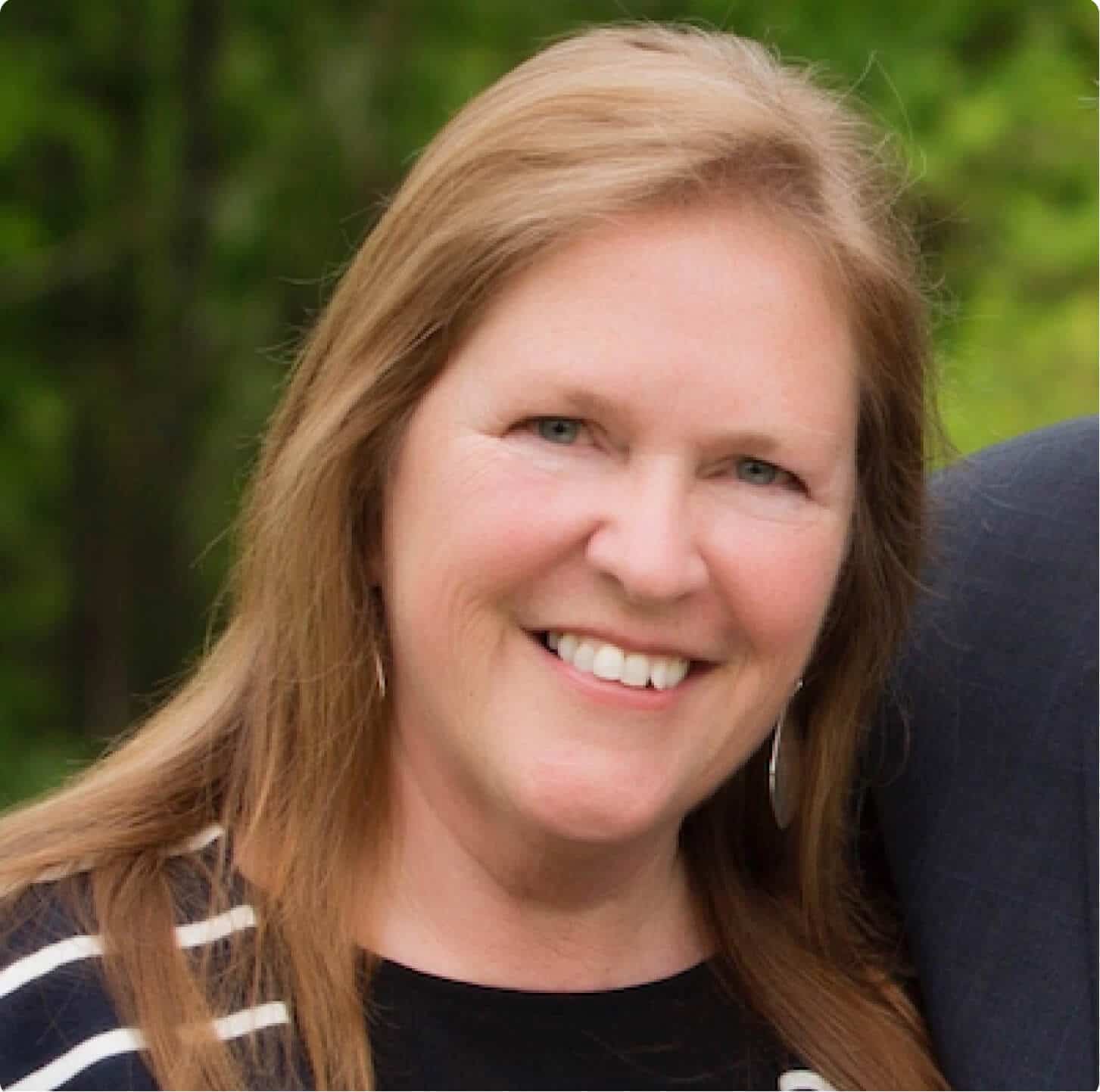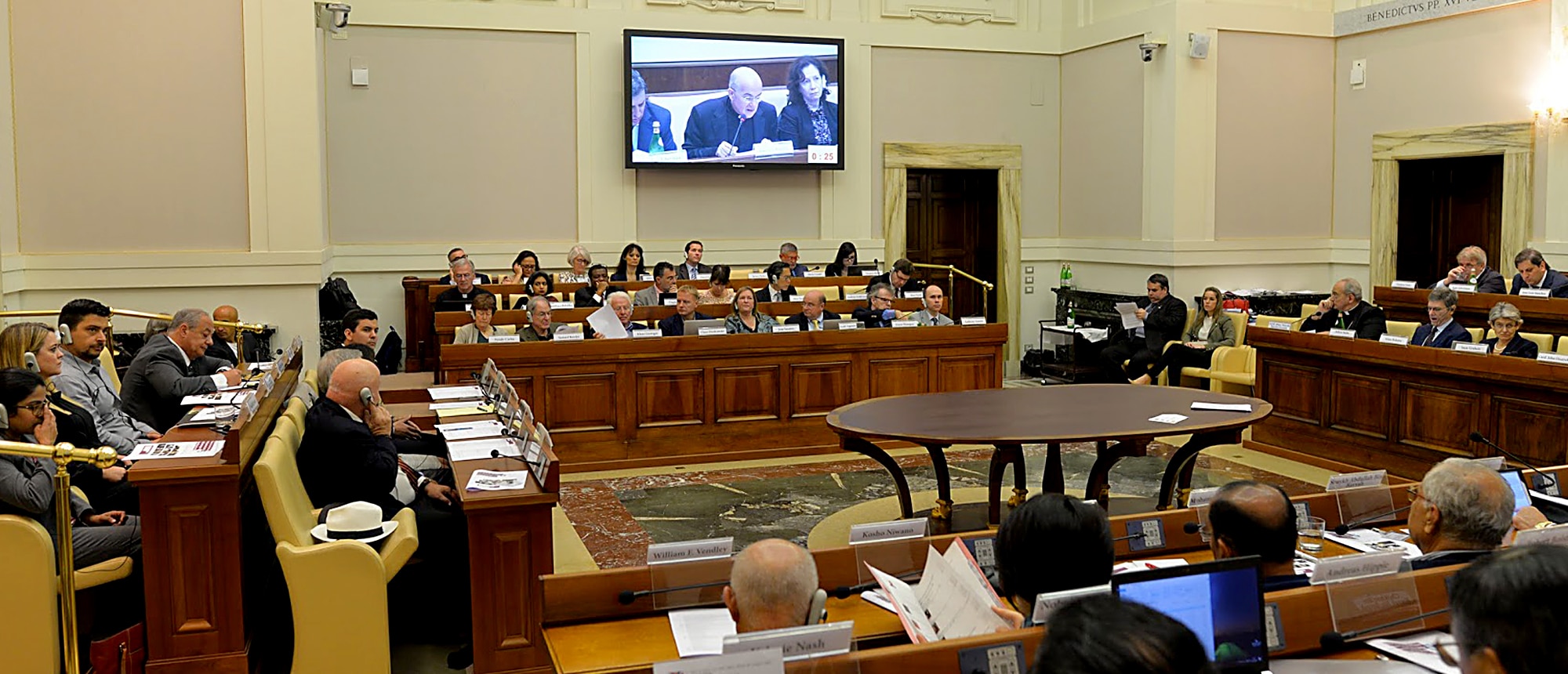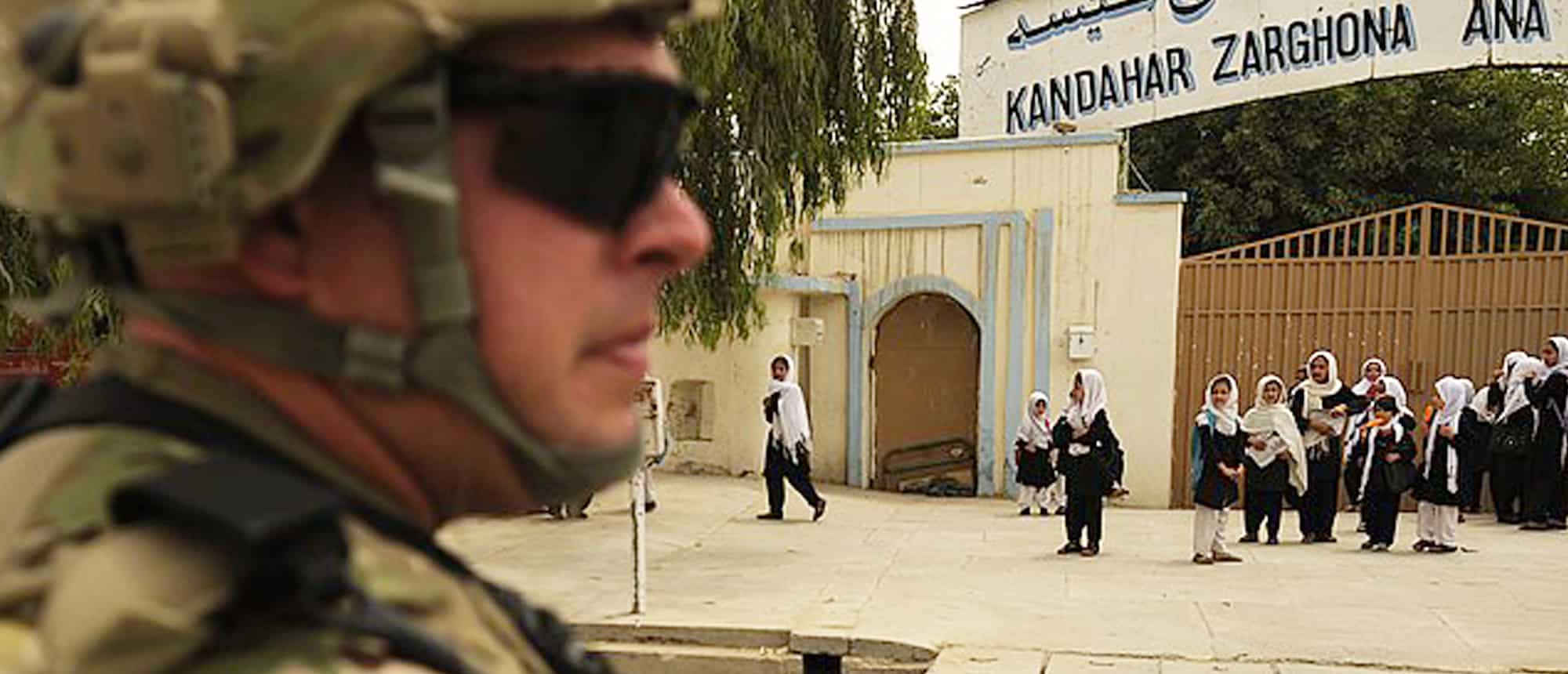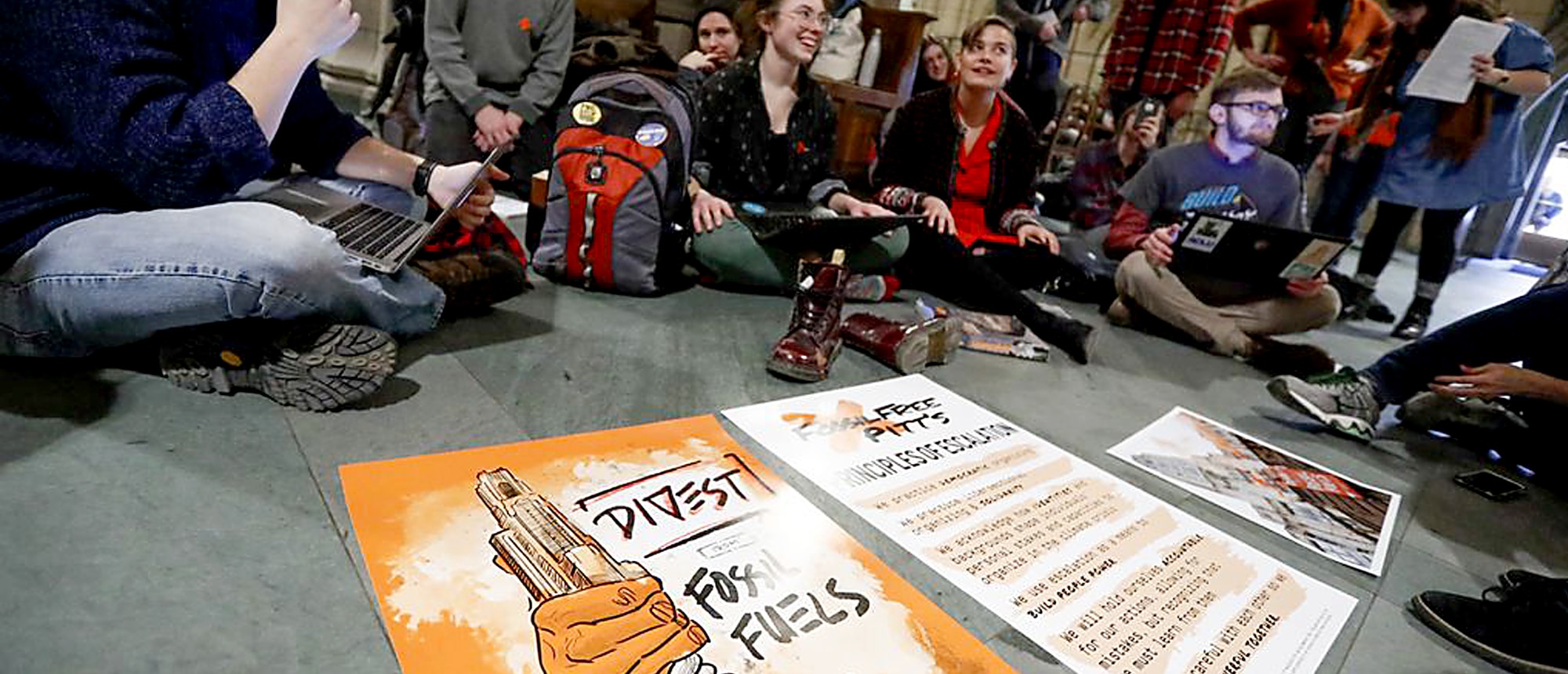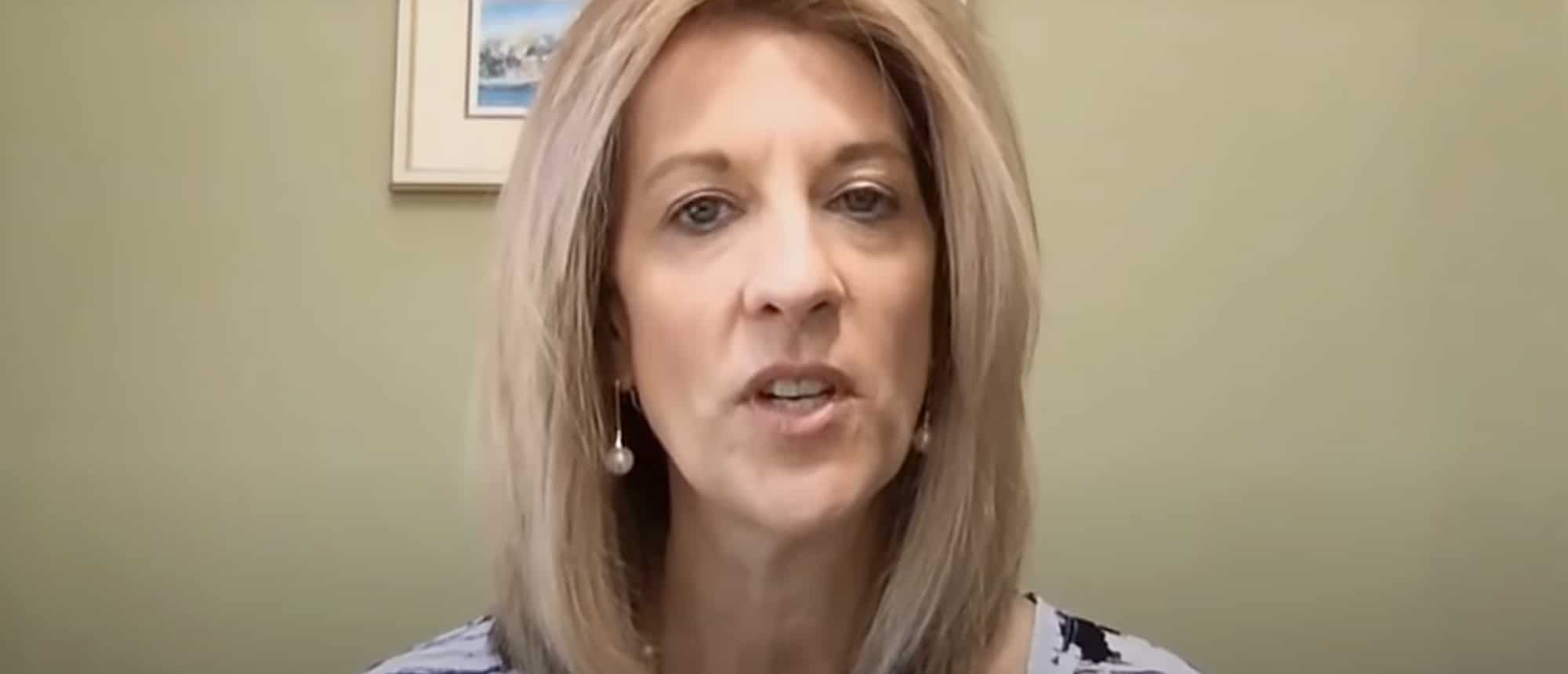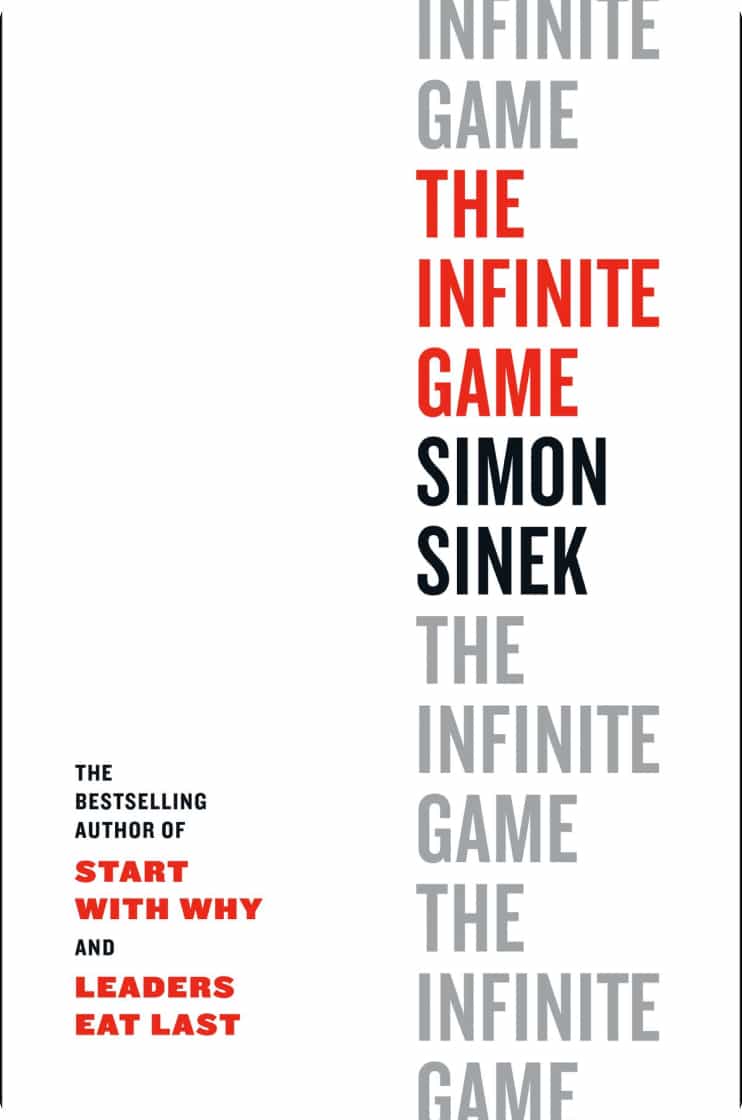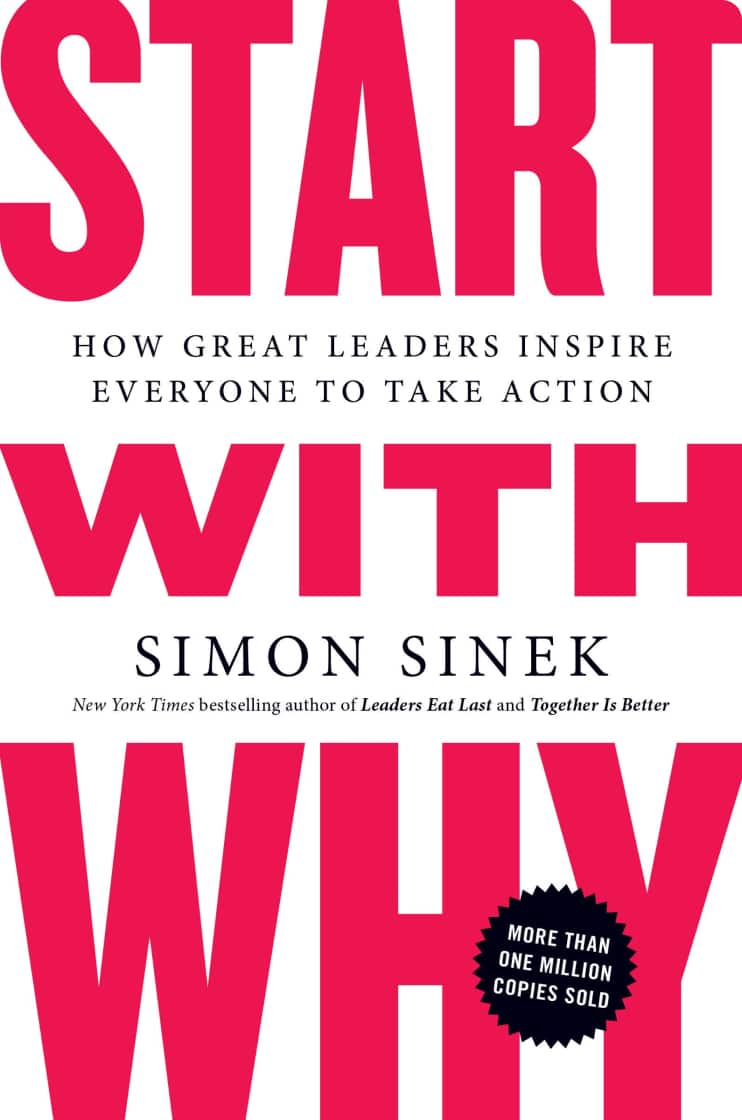Remarks At The Ethics In Action Conference
Excerpts from Dr. Jane O’Meara Sanders Remarks at the Ethics in Action Conference at The Vatican.
Excerpt #1
The Vatican, Casina Pio IV – I must admit, as I considered the subject of a progressive educational agenda in the United States, I found it difficult to start with the University.
As we read in many papers that were distributed over the last weeks, and heard in many presentations yesterday, education begins even before birth, with the early years being the most important years of our cognitive and emotional growth. The advances in neuroscience have intrigued me so much that I’ve imagined a vastly different approach to learning throughout our system.
And many of you have expressed some of those thoughts as you spoke about the important elements of education:
Inclusive with respect to human rights, diversity and gender equality.
Access regardless of economic status.
Education for global citizenship.
To name just a few. How do we achieve these and the many other goals expressed here yesterday?
One place we need to start is with policy. Governmental policies make a large difference throughout the world and adequate funding for pre-school through university would show that an educated populace is valued. Unfortunately, we know all too often, it is not.
Recognition that the allocation of public funds is not only an investment in the individual, but an investment in the country, could shift the spending priorities of a nation. But special interests competing for federal dollars drown out the voices that argue for those changes.
Ensuring access to higher learning so that every student who has the capability and desire to get a college education can get one – regardless of their family income – has a more promising future in America. The idea of providing free tuition at public colleges and universities – offered by a certain presidential candidate – has gained traction in the last year – particularly in New York and California.
But we are talking about university leadership now. So let’s ponder policies in Higher Education.
I don’t have time to go into all the basic questions.
What is education?
How do people learn?
What is the difference between preparing for transactional versus transformational leadership?
How do we best combine formal and informal education, inside and outside the classroom, experiential and didactic learning?
How do we cultivate the thirst for – and opportunities for – lifelong learning?
These are all questions that should be considered as we envision a progressive agenda for education throughout life.
This morning, we are considering our institutions of higher learning – universities which prepare our teachers, our doctors, our childcare workers, our economists and many other professions.
Given the work done by the participants in this conference, it seems to me that all the students who intend to work in fields affecting our children, our people – which is just about every field – should have to demonstrate some simple competencies.
Perhaps they must address in their papers, their thesis, their dissertation, questions about how their work will affect future generations, how it will impact the environment, how it will influence the growth, development and learning capabilities of children. Perhaps they should have to debate the ethics and morality of particular stances regarding the economy, income inequality, and government budgetary policy.
Perhaps the Universities should require their departments to offer broader perspectives and require their professors to address the most difficult ethical and moral issues facing our society at the time. Right now, that would mean economists would be working with their students on inequality and global poverty. Right now, scientists would be looking at the root causes of climate change, the necessity of sustainable development, and the potential of renewable energies; teacher-education professors would be sharing the latest neuroscience discoveries and the implications for how teachers nurture curiosity, creativity and confidence in the classroom and all the studies would be interdisciplinary, bringing students in various fields together to work collaboratively in teams. Incorporating a governmental or social sciences perspective, there would be discussions about why policies that are best for the largest number of people, fairer for all, are – or are not – adopted in our nation’s capitals.
We all know that a vital democracy requires an informed electorate. Educating for global citizenship requires the ability to think critically, write clearly and communicate effectively. It requires media literacy and analysis. It requires an understanding of sustainable development, and the ability to identify and research complex issues. And it requires ethical behavior.
These attributes should form the basis for higher education in a democratic society. The final piece I’d like to cover is structure. The traditional structure of higher education has significant merits, but I wonder how long it can last as the predominant framework?
Young people today are choosing how and when to get their news, their entertainment, their information. How soon will they tire of taking prescribed classes at specified days and times of the week?
I believe self-designed education will soon be more the rule than the exception. If educators don’t lead on this, an online technical approach, barren of the Socratic method, the human element and spirited debate could be the result.
Alternatively, we could design individualized education opportunities infused with ethical values, grounded in philosophy and history and enriched by civil discourse among students and teachers alike. A content-based rather than a seat-hours-based individualized curriculum developed and carried out by students with the guidance, mentorship and support of their professors and their peers. All the competencies and focuses I mentioned, and others discussed at this conference, could form the basis of curricular design and evaluation methods.
Incorporating case studies and solving practical problems in our communities, developing common purposes, paying attention to inner space and spiritual values as well as the world around us.
This kind of self-directed higher education would enable the student to make a meaningful difference in the world as he or she wishes and to effectively carry out their role as global citizen.
A progressive agenda in higher education will take more than a few policy changes. It will require a commitment to developing a shared vision based on ethical standards and democatic ideals.
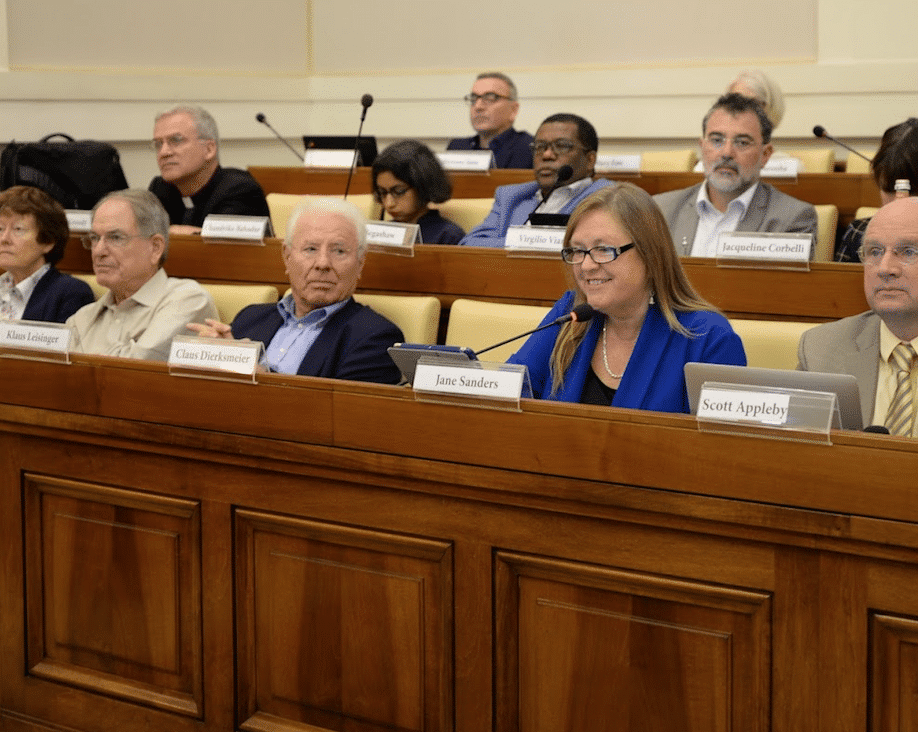
Excerpt #2
The Vatican, Casina Pio IV – As Jeff Sachs, David Driscoll and I are all affiliated with The Sanders Institute, which is committed to creating a vital democracy through bold progressive ideas and civil discourse, that will be the focus of my remarks on how to promote our recommendations.
We can demand more from our public officials, the fourth estate, political parties and consultants, and our education system. We can promote civil discourse and call for a change of culture by acting by example in contrast to what is unfortunately all too often harsh, divisive and partisan rhetoric. We can voice our concerns when we see the characteristically uncivil debate and the politics of personal destruction at work – regardless of whether we support or oppose the speaker or the target. We can ask, and ask, and ask again that our colleagues and followers resist this coarsening of our culture whenever they observe it. This is not an easy thing to do. But the more we do it, the more others will venture out as well.
We can use existing outlets and opportunities to ask questions and expect in-depth answers about issues and the ethical implications of the implementations of the stated views. We can work together – educators, faith leaders and civic organizations – to set the bar higher for our elected officials and candidates. How can we do this? First, as I said, by acting by example; second, simply by articulating that that is what we expect, and; third, by writing our expectations down and sending them to many of the entities that are part of, or intersect with, our democratic institutions. We can ask specific questions as to how they might assist in returning to substantive issue-oriented debate and discourage the negativity and character assassination that is now the basis of our political system.
We can enter into dialogue with our universities, academic departments, professors and accreditors about how to consider the ethical implications of what they teach in their classrooms. How to develop academic policies that would ensure that the results of what is taught is considered in light of the common good, in the context of the effects and influence on our children, the impact on our environment.
It’s about resonating with each other, about amplifying our shared views and vision. But we have to do it strategically. So, a word about logistics.
Virtually every one of these educators and regulators belong to national and/or statewide professional groups – which have annual meetings. We could meet with the organizing entities to influence the topics and schedule and maybe participate as speakers.
Elected officials are rated by many organizations and belong to various caucuses. We could enlist those groups to adopt our concerns and to convey them to the politicians in their own communications. We would not be competing with them for anything and we would not be asking the officials for any funding. So it may be an easier sell than we might think. We could host a conversation with the League of Women Voters and other watchdog groups to discuss creating an instrument that candidates would agree to certain decorum eschewing the politics of personal destruction. In today’s campaigns, it is no longer enough to defeat your opponent. you have to destroy them. It wouldn’t surprise me if many candidates would welcome this.
We could host a conference like this with members of the media to discuss options for covering campaigns in the future. They might like to refocus on issues and serious debate and shut down the zinger mentality. If we invited them in and asked them how they could help – with some guidance from some of the people who participated in this conference – they may surprise us.
Lots more practical ideas, but that’s all my time. The keys are focus, strategy and a domino-effect communication.
